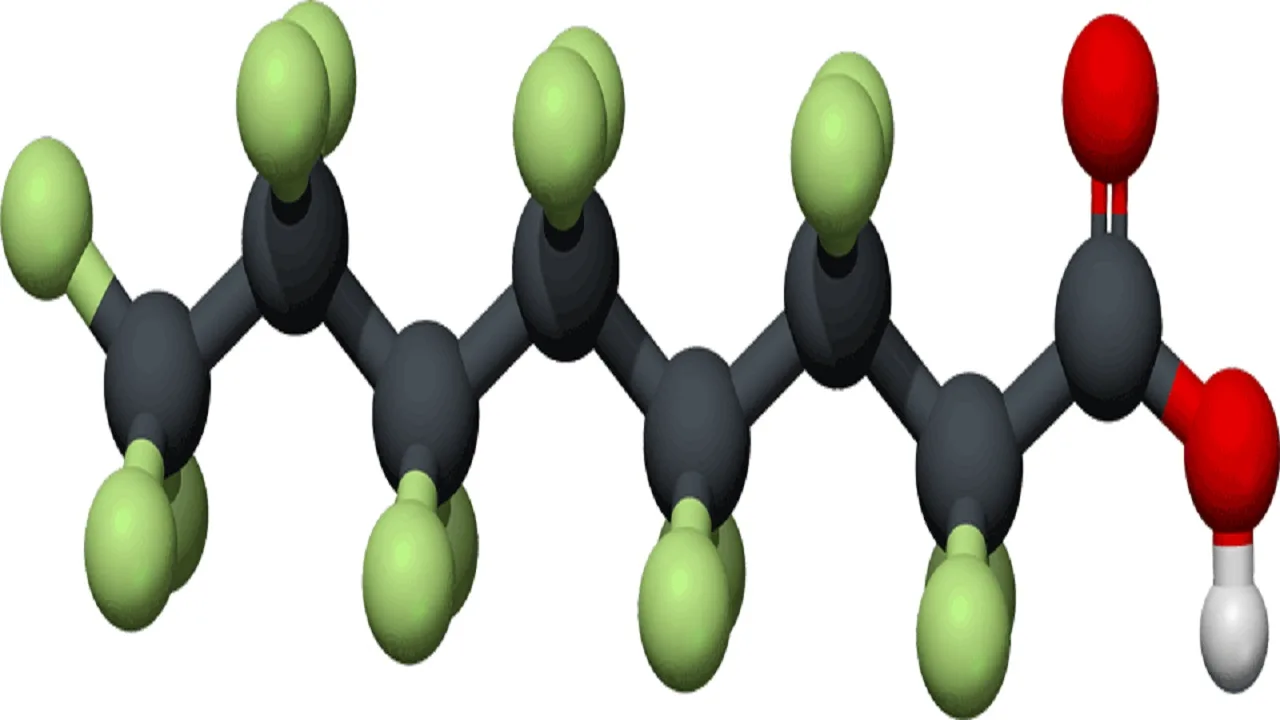Recently, microplastics were found for the first time in the placenta of a pregnant woman, and later in the circulation of a fetus. Although scientists cannot yet predict what effects these microplastics will have on human health, one fact is accepted: We all have microplastics, chemicals, and heavy metals as a byproduct of “modern life”. Among these is PFAS, perhaps the most persistent substance created by humans. Almost impossible to decompose on its own in nature, PFAS chemicals, which are found in every moment of our lives from carpets to food packaging, are circulating in our bloodstream, according to research . Known as the endless chemicals that scientists associate with many health problems such as hormonal imbalance , chronic diseases, and difficulty losing weight , we have written the questions “What is PFAS, what are they found in, and how can we protect ourselves?” for you!
What are PFAS?
Synthetic substances known as perfluoroalkyl and polyfluoroalkyl, known as infinite chemicals and abbreviated as PFAS, are composed of derivatives of fluorine and carbon and are found in many objects we use frequently in our daily lives. PFAS, which are used to make products non-stick or stain-proof, unfortunately cannot be controlled as easily as they are on paper. It can currently be found in many food products, clean drinking water, fast-food, packaging, household goods, clothing, and even the air we breathe. At the same time, since it is a derivative of carbon and fluorine, it has great difficulty in spontaneously dissolving in nature or in our bodies. Therefore, once it is contaminated, it often continues to remain there “almost forever” without deteriorating.
What contains PFAS?
PFAS, which has a very low production cost, is widely used in many sectors because it has the ability to repel water, oil and petrol. The following products are known to contain high amounts of PFAS:
- Teflon pans
- Paints
- Cleaning products
- Food packaging
- Paper packaging
- Most home textile products, especially carpets, sofas, bathroom showers
- Most skincare and makeup products
- tear drops
- Fire extinguishers
How do PFAS affect holistic health?
According to research, PFAS can be detected in the blood of almost every person in some amount. It is thought that PFAS, which enters our bodies through either food or drinking water, reduces our general health and well-being. Once in the body, PFAS can affect fat metabolism and the immune system, and can even cross the placenta and blood-brain barrier, and has been linked to the following health conditions :
- More frequent and severe infections
- Diabetes
- Liver damage
- Thyroid diseases
- High cholesterol
- Difficulty losing weight
- Obesity
- Breastfeeding problems – the mother is unable to produce milk
- Decreased fertility
So, should we all be alarmed by PFAS? This varies from person to person. Exposure to PFAS may or may not cause any health problems. On the other hand, it does not pose an immediate life threat to anyone. Its effects can be understood in the long term. It is recommended that people who are highly sensitive to environmental toxins, have a low immune system, or have autoimmune diseases approach PFAS with much greater caution.
